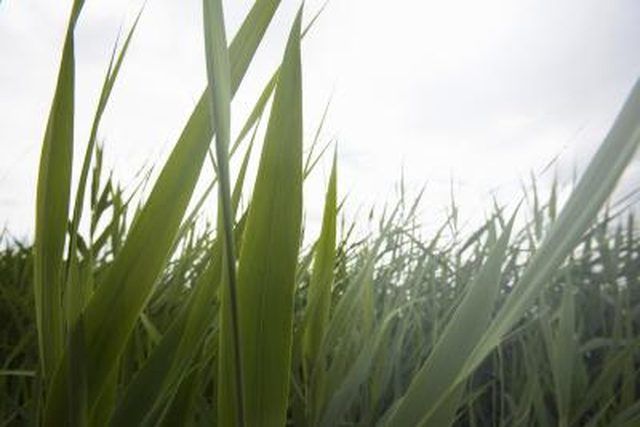Bulbs
Flower Basics
Flower Beds & Specialty Gardens
Flower Garden
Garden Furniture
Garden Gnomes
Garden Seeds
Garden Sheds
Garden Statues
Garden Tools & Supplies
Gardening Basics
Green & Organic
Groundcovers & Vines
Growing Annuals
Growing Basil
Growing Beans
Growing Berries
Growing Blueberries
Growing Cactus
Growing Corn
Growing Cotton
Growing Edibles
Growing Flowers
Growing Garlic
Growing Grapes
Growing Grass
Growing Herbs
Growing Jasmine
Growing Mint
Growing Mushrooms
Orchids
Growing Peanuts
Growing Perennials
Growing Plants
Growing Rosemary
Growing Roses
Growing Strawberries
Growing Sunflowers
Growing Thyme
Growing Tomatoes
Growing Tulips
Growing Vegetables
Herb Basics
Herb Garden
Indoor Growing
Landscaping Basics
Landscaping Patios
Landscaping Plants
Landscaping Shrubs
Landscaping Trees
Landscaping Walks & Pathways
Lawn Basics
Lawn Maintenance
Lawn Mowers
Lawn Ornaments
Lawn Planting
Lawn Tools
Outdoor Growing
Overall Landscape Planning
Pests, Weeds & Problems
Plant Basics
Rock Garden
Rose Garden
Shrubs
Soil
Specialty Gardens
Trees
Vegetable Garden
Yard Maintenance
Can You Use Lawn Fertilizers in Gardens?
Can You Use Lawn Fertilizers in Gardens?. Garden plants cannot distinguish between the nutrients supplied in fertilizers applied in the landscape, regardless of what the product name suggests. The amount of nutrients, which varies in formulations among fertilizers, does result in different effects, however.

Garden plants cannot distinguish between the nutrients supplied in fertilizers applied in the landscape, regardless of what the product name suggests. The amount of nutrients, which varies in formulations among fertilizers, does result in different effects, however.
Significance
Lawn fertilizers typically are richly abundant in nitrogen and quite lean in other nutrients like potassium and phosphorus. Nitrogen in the soil allows plants to grow new stems and leaves, which is ideal for a lush green lawn but not ideal for other plants in a diverse garden.
Effects
All garden plants utilize the nitrogen supplied in lawn fertilizers, but the large amounts of nitrogen in lawn fertilizer formulas isn't ideal for nongrass plants. Applying too much nitrogen in the garden causes plants to increase growth rates and produce lots of leaves. The lack of certain nutrients in the lawn fertilizer causes the explosion of leafy growth to falter or become weak. Excessive nitrogen also doesn't promote flower production in the garden -- undesirable in an ornamental landscape.
Potential
As long as the lawn fertilizer doesn't contain a pesticide or herbicide chemical that would harm other garden plants, the fertilizer may be used. To prevent application of too much nitrogen, scatter the fertilizer at one-fifth or one-fourth the rate. Apply another fertilizer that supplies other nutrients to create a well-balanced nutrient application.
Warning
Some plant types in general do not respond well to high dosages of nitrogen. According to Learn2Grow, conifer evergreens don't typically respond well to excessive nitrogen applications, for example.